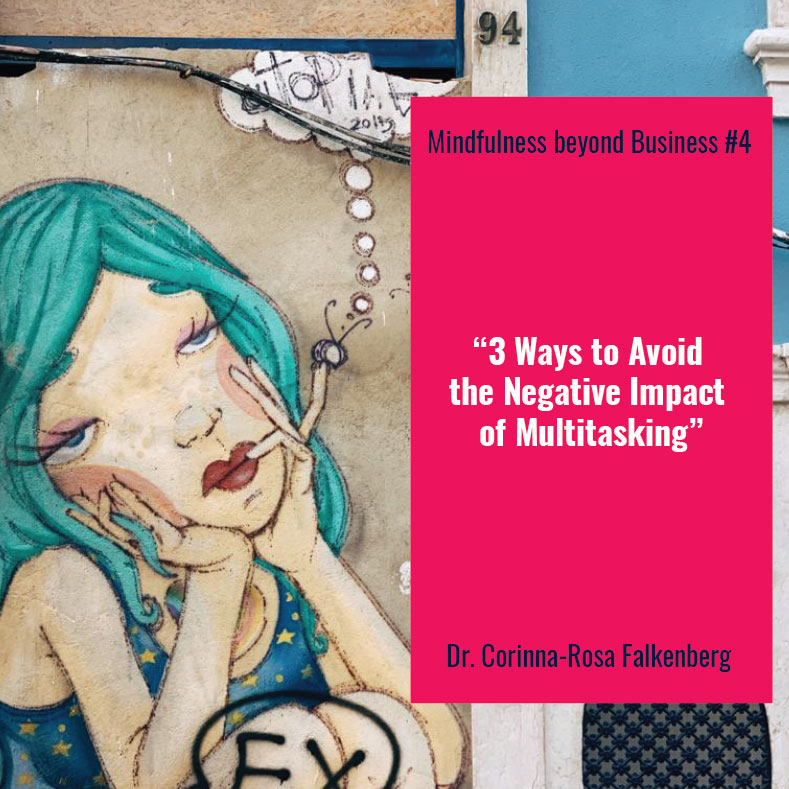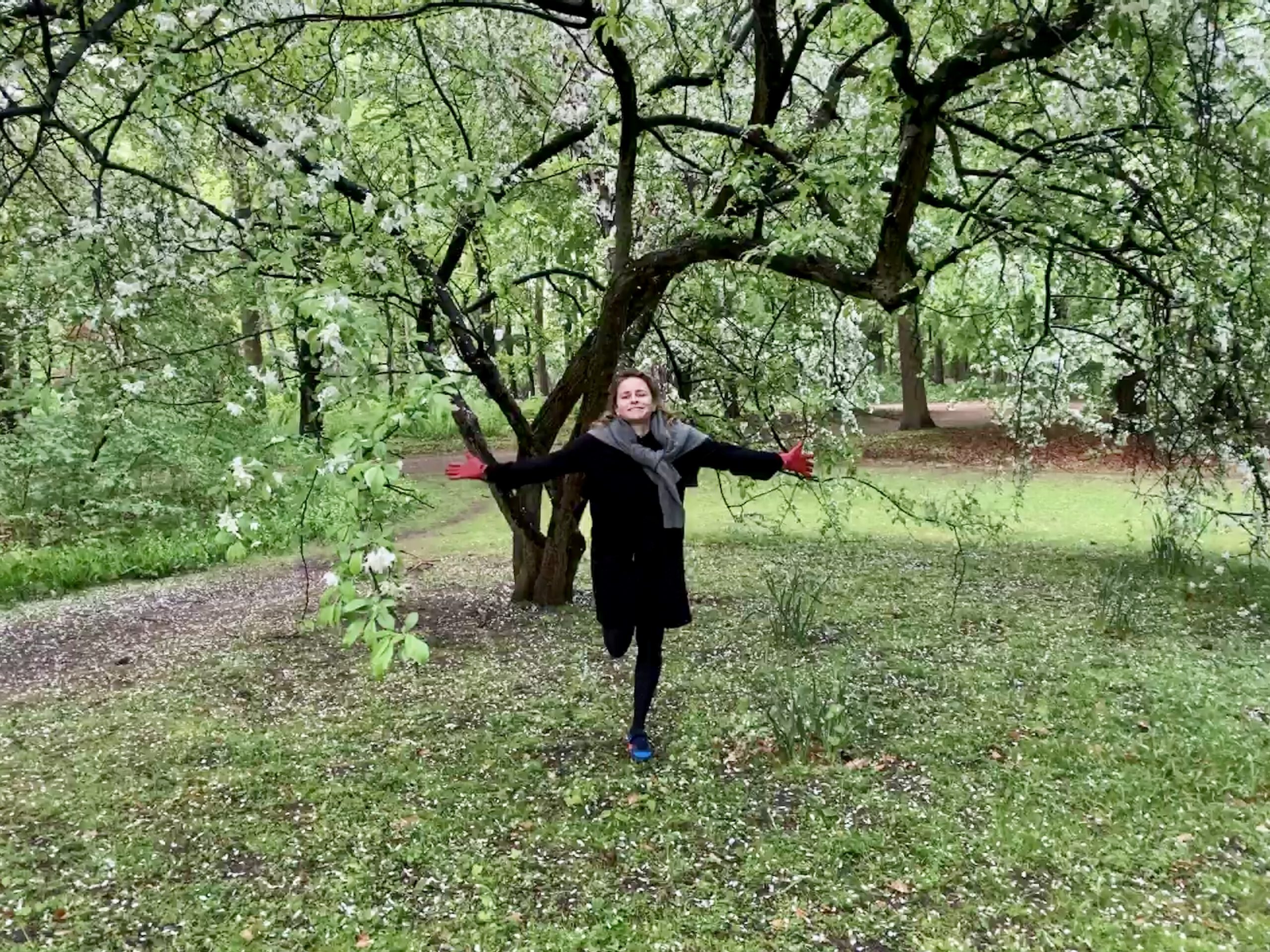☆ How to effectively manage meetings
During my professional career, I learned that one of the biggest distractions for concentrated work are meetings. Attending meetings can either be beneficial or it can only be a distraction which can drain one’s productivity. For example, if I work on a new project and try to solve a suddenly plopped up challenge within a tight timeline but have a couple of business meetings ahead, I have to interrupt my personal work flow. Instead of being able to keep my level of focus high, I have to leave that place of special attention and move myself into the meeting room. Even if it is a digital meeting room, my focus on the former subject has been gone away. And to get that focus back, time is required: studies show that it takes 25 minutes for our brains to refocus on the original task. 25 minutes (!) to re-focus – when I learned that, I took a long, deep breath. That’s quite a time – lost time after all!
Therefore, I try to avoid workplace distractions and in particular „unnecessary“ meetings as much as possible. As we all have only a certain amount of energy to spend in our life, it might instead be a great idea to better chose where to spend our time, focus and life energy. To be able to surpass the challenge of turning meetings to a productive one, here are my 2 cents listed – maybe this list also works for you:
- No meeting without agenda: Do not waste time on a meeting without an agenda as it‘s a meeting without a purpose. Time is critical when working so spending it on something that has no purpose will decrease your productivity.
- Always work with a clear time frame for the meeting and clear „take-aways“ summarized at the end: Set a precise time slot for the meeting, so that everyone not only knows when it starts but also when it ends and make sure you have some final „take-aways“ from the meeting on which everybody has agreed upon before the meeting ends.
- Be aware with recurring meetings: Assess if routinary meetings are worth your time and attention. Always evaluate the value of the recurring meetings.
- Identify your key persons required for the meeting: If you’re the meeting organizer, make sure that the participants whose presence is critical should attend, otherwise attendance is optional for the rest of the team.
- Keep a special focus and contribute to move on: „Hyperfocus“ on meetings so you can get the best out of it. Contribute what you can help things move along so that the meeting will end at the time frame set for it.
- Keep days without any meetings at all: And if you’re the lucky boss, think about that having a day with no meetings at all each week allows everyone to work on their most important tasks without being interrupted.
In this sense I wish you a cheerful continuation of the week !
Yours, Corinna











